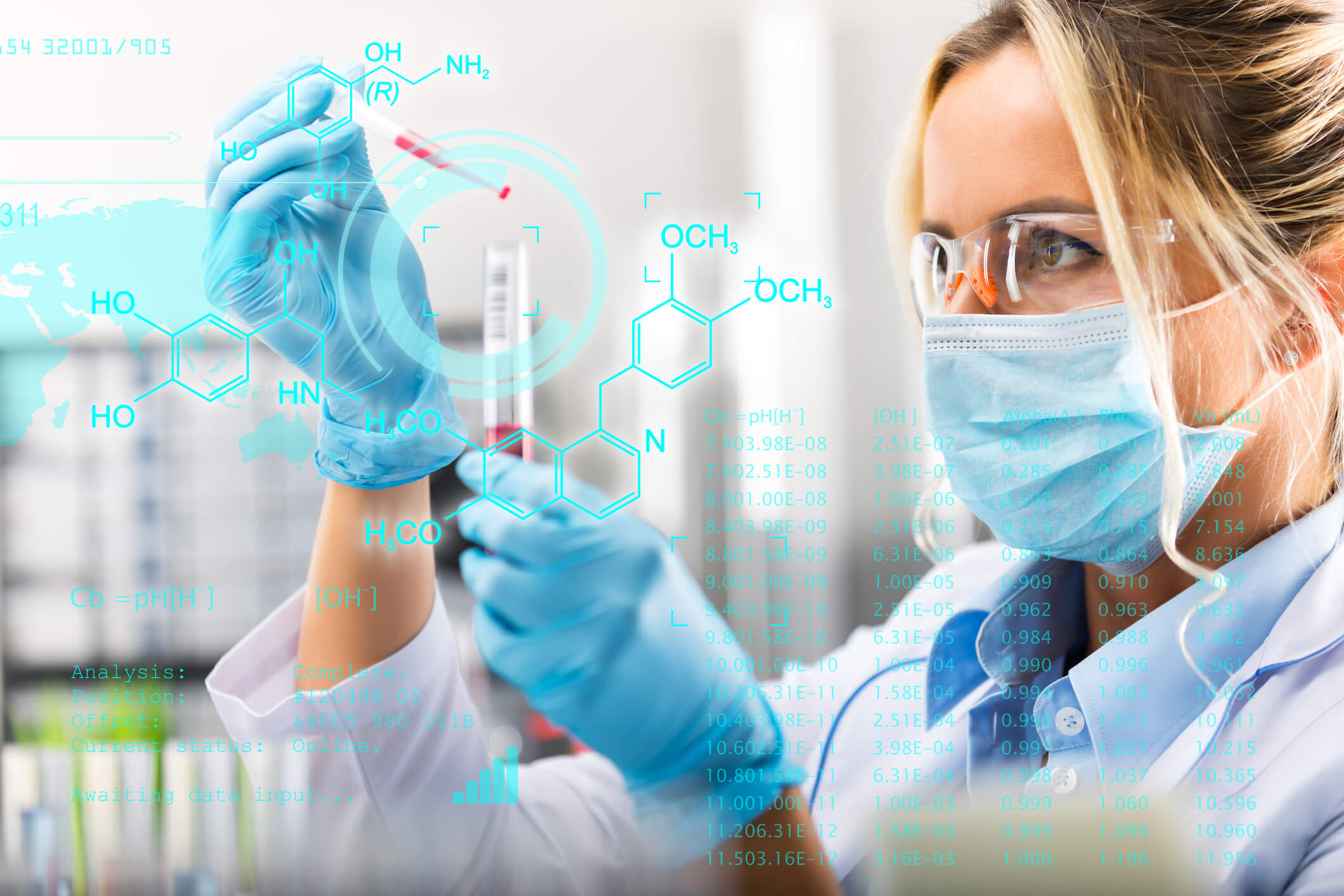Introduction to Chemical Reaction Engineering
Overall Course Objectives
To give the student basic knowledge of the coupling between chemical kinetics and the design of chemical reactors. The student will be able to design and optimize chemical and biochemical reactors. It is further the purpose to give knowledge of the most important reactors for homogeneous, heterogeneous and biochemical reactors and their use in the industry.
Learning Objectives
- Explain the difference between rate expressions for elementary reactions and non-elementary reactions, and write down the rate expression for elementary reactions
- Explain the principles of the ideal reactor models: plug flow reactor, continuously stirred tank reactor, ideally stirred batch reactor
- Set up and solve mathematical models for the ideal reactors under isothermal conditions for a single reaction, for multiple reactions
- Set up and solve mole balances for other reacting systems than the three ideal reactor types
- Set up and solvemass balances for bio-reactors
- Set up the energy balance for reacting systems for single and multiple reactions with and without cooling
- Calculate the equilibrium conversions for multiple reactions for isothermal and non-isothermal reactions
- Explain how multiple steady states occur in stirred reactors
- Design reactors for optimum and safe operation
- Set up and solve mathematical models for diffusion and reaction in porous catalyst pellets and calculate the effectiveness factor for a 1st order reaction
- Design optimal reactor konfiguration for reactor chains
Course Content
The course treats: Gas- and liquid phase reactions in ideal reactors, including reactor chains and recirculation reactors. Catalytic reactions in combination with physical transport inside catalyst pellets. Bioreaction kinetics and reactors. Multiple reactions and choice of reactor type and proces conditions for optimal production. Coupling of the energy and mass balance for reactors.
The exercises illustrate mainly the applications within chemical, biochemical and pharmaceutical production and environmental technology. The course content is especially relevant for sustainable production (efficient use of raw materials, low waste production) and low environmental impact.
Recommended prerequisites
28020/28160, Knowledge of simulation software such as Maple, Matlab or Python.
Teaching Method
Lectures, problem solving, computer simulations
Faculty
Remarks
The course is one of three highly recommended chemical engineering prerequisites (28020, 28140, 28160) for admission to MSc-studies in Chemical and Biochemical Engineering. Bachelor studies in Chemical Engineering should additionally preferably include the following courses: 28221, 28121/28125 and 28150.



